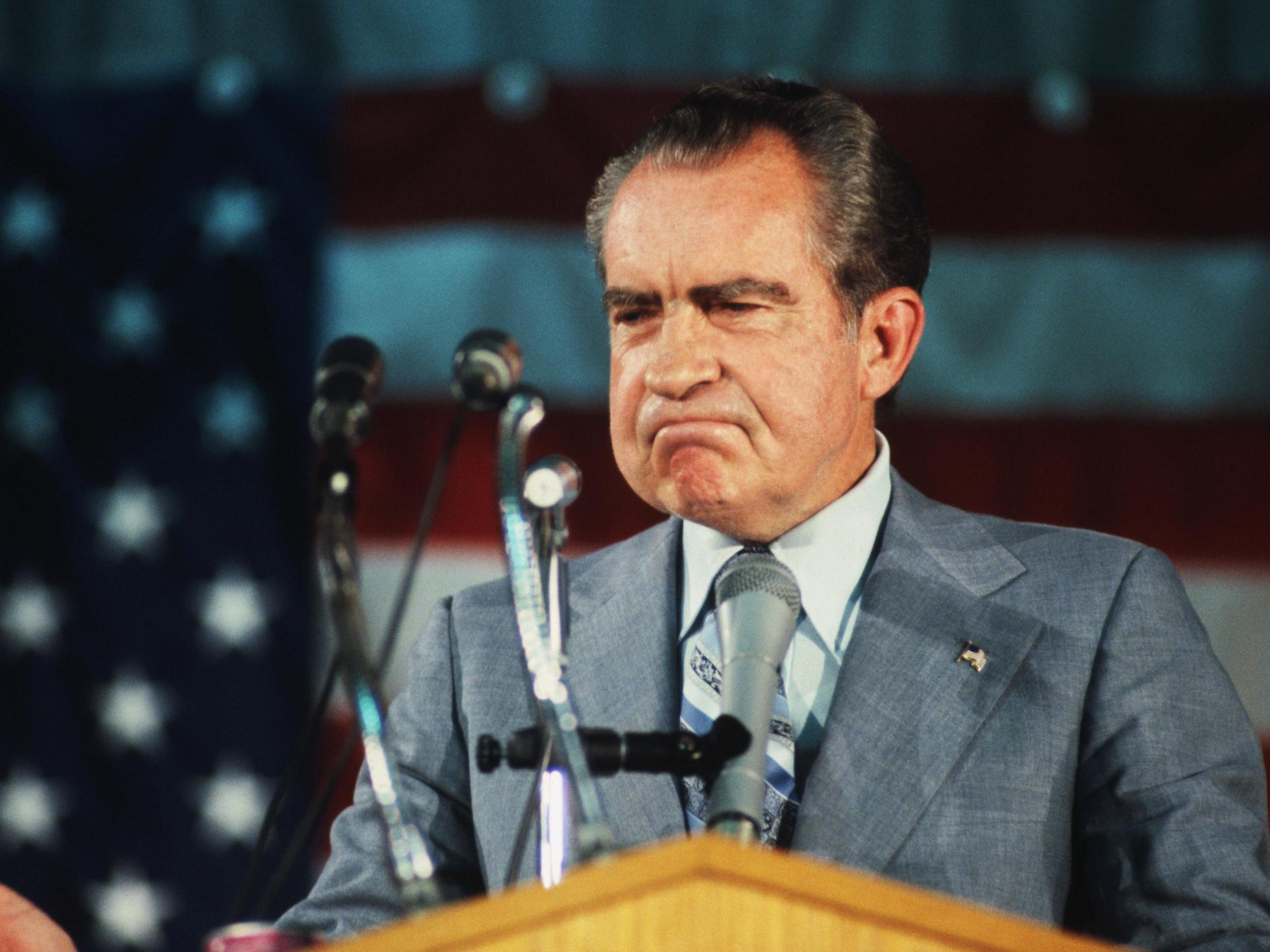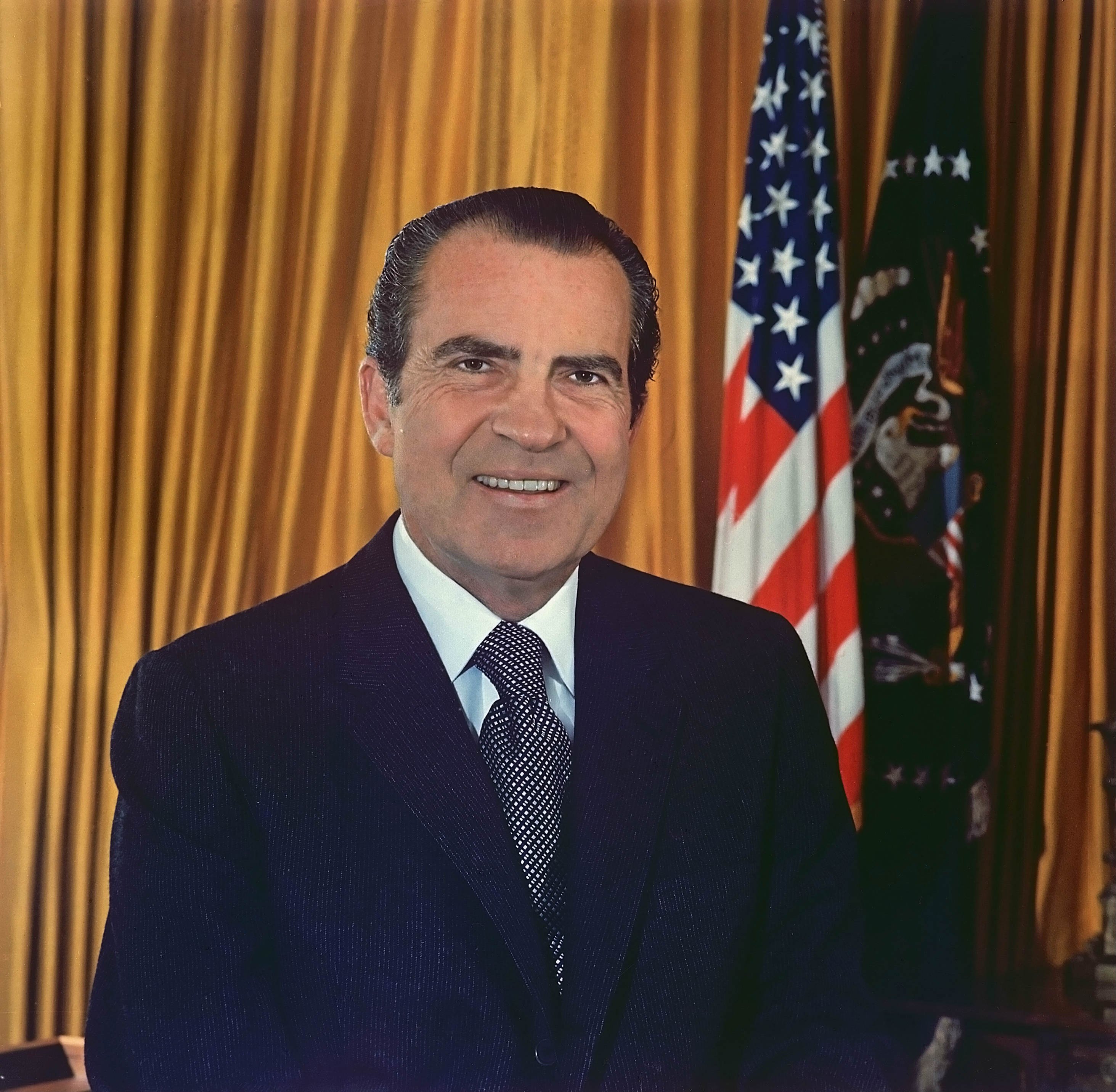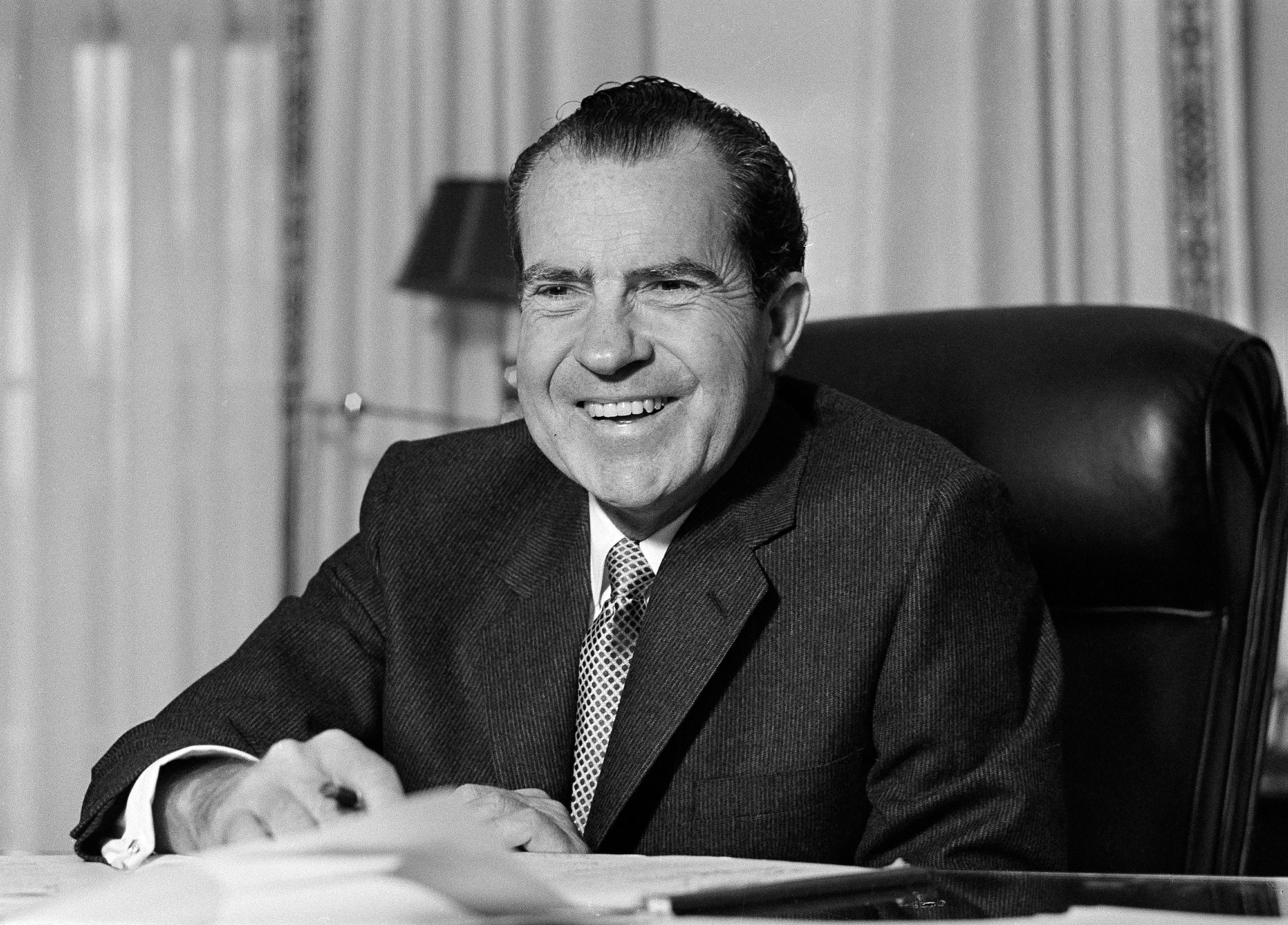Richard Nixon's presidency, marked by both remarkable achievements and deep controversies, presents a complex tapestry of brilliance and failure. This essay examines the intricate factors that shaped his rise and fall, analyzing his multifaceted personality, strategic foreign policy initiatives, and the ethical lapses that ultimately led to his downfall.
Nixon's journey to the White House was characterized by both political brilliance and personal resilience. A shrewd strategist, he developed a "Southern Strategy" that appealed to white voters in the South, a region that had historically supported the Democratic Party (Dallek, 2017). Nixon's keen understanding of electoral demographics and his ability to connect with voters at the grass-roots level propelled him to victory in the 1968 presidential election.
Beyond his political acumen, Nixon possessed a visionary outlook and a desire to make a lasting impact on the world stage. He pursued bold foreign policy initiatives, including the opening of diplomatic relations with China and the initiation of détente with the Soviet Union (Kissinger, 1999). These actions showcased Nixon's willingness to challenge the Cold War status quo and to seek creative solutions to global challenges.
Nixon's presidency witnessed significant breakthroughs in foreign affairs. His "Realpolitik" approach, which prioritized national interests over ideological commitments, led to a thaw in relations with communist China. Nixon's visit to Beijing in 1972 marked a historic turning point in international diplomacy (Friedman, 2019).
Similarly, détente with the Soviet Union aimed to reduce tensions between the superpowers. The signing of the Strategic Arms Limitation Treaty (SALT I) in 1972 established limits on nuclear arsenals and paved the way for further arms control agreements (Beschloss, 2007). Nixon's foreign policy achievements earned him widespread recognition and solidified his reputation as a statesman.
However, his presidency was also marred by controversies. The Vietnam War, a major burden on the nation, cast a long shadow over Nixon's tenure. His decision to expand the war into Cambodia in 1970 provoked widespread protests and deepened public distrust in his administration (Gitlin, 2018).
The defining episode of Nixon's presidency was the Watergate scandal. In 1972, White House operatives broke into the Democratic National Committee headquarters in the Watergate Hotel complex. Nixon's involvement in the subsequent cover-up became increasingly apparent, leading to his impeachment by the House of Representatives (Sabato, 2010).
Faced with the prospect of conviction by the Senate and removal from office, Nixon resigned in 1974. The Watergate scandal shattered his legacy and exposed the dark side of his presidency. It left a profound mark on American politics and undermined trust in the executive branch (Heale, 2013).
Nixon's resignation marked the end of an era in American politics. The Watergate scandal led to reforms aimed at strengthening accountability and transparency in government. It also raised questions about the limits of presidential power and the importance of ethical conduct in public office.
Despite his impeachment and resignation, Nixon remained a controversial figure. Some commentators argue that his foreign policy achievements overshadowed his domestic failures (Gaddis, 2014). Others maintain that his ethical transgressions permanently tarnished his legacy (Woodward, 1999).
Richard Nixon was a complex and contradictory figure. He was a visionary statesman who brokered diplomatic breakthroughs but also a ruthless politician who engaged in unethical conduct. His brilliance and ambition coexist with his fatal flaws, leaving a lasting imprint on American history.
Richard Nixon's presidency is a study in contrasts. His remarkable diplomatic achievements and his profound political failures serve as reminders of the complexities of human nature and the fragility of power. The Watergate scandal remains a cautionary tale about the dangers of unchecked ambition and the importance of upholding ethical standards in public life.
Nixon's legacy continues to inspire debate and reflection. His foreign policy successes earned him respect and admiration, while his ethical lapses raise fundamental questions about the nature of leadership and the balance between ambition and integrity. The complexities of Richard Nixon's rise and fall offer valuable insights into the challenges and contradictions of political power and serve as a testament to the enduring fascination with one of the most enigmatic presidents in American history.
Cate Blanchett: The Star Who Embodies Every Character
Junji Ito: The Manga Master Who Brings Horror To New Heights
IU: The Singer And Actress Who Became A Role Model Amid Controversies



